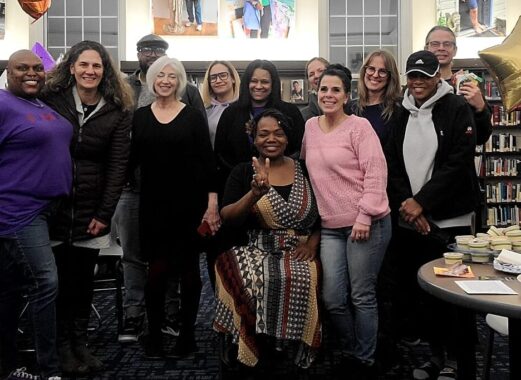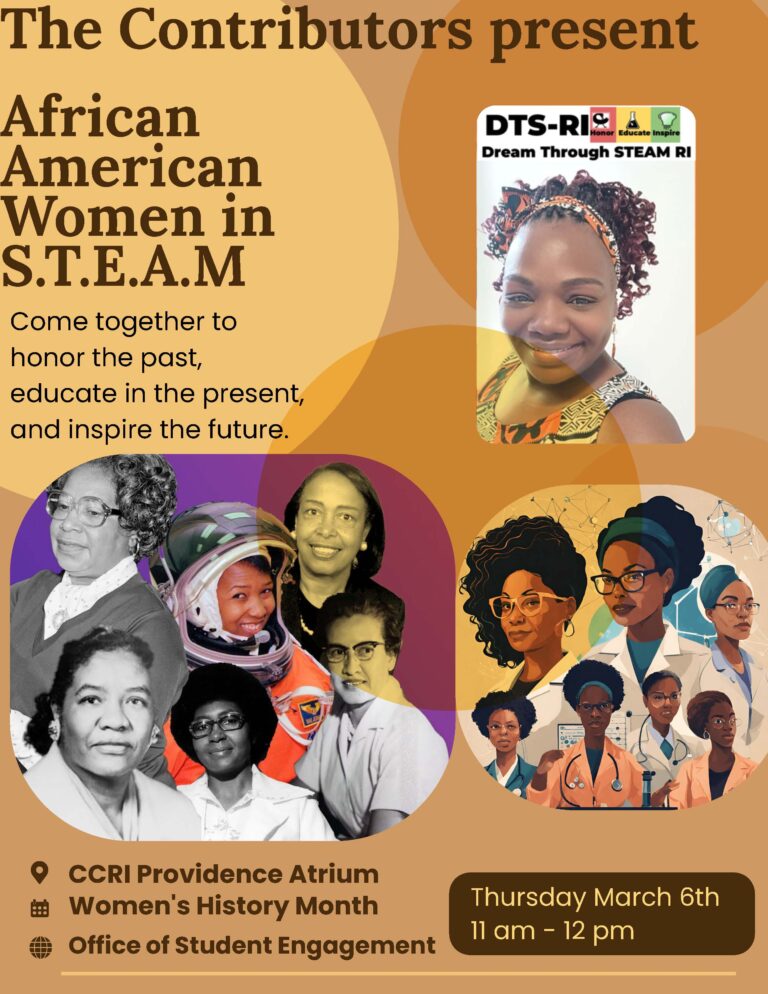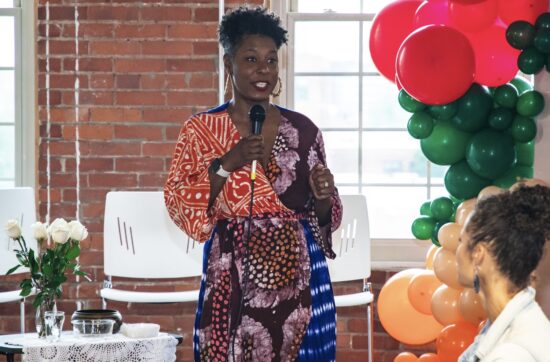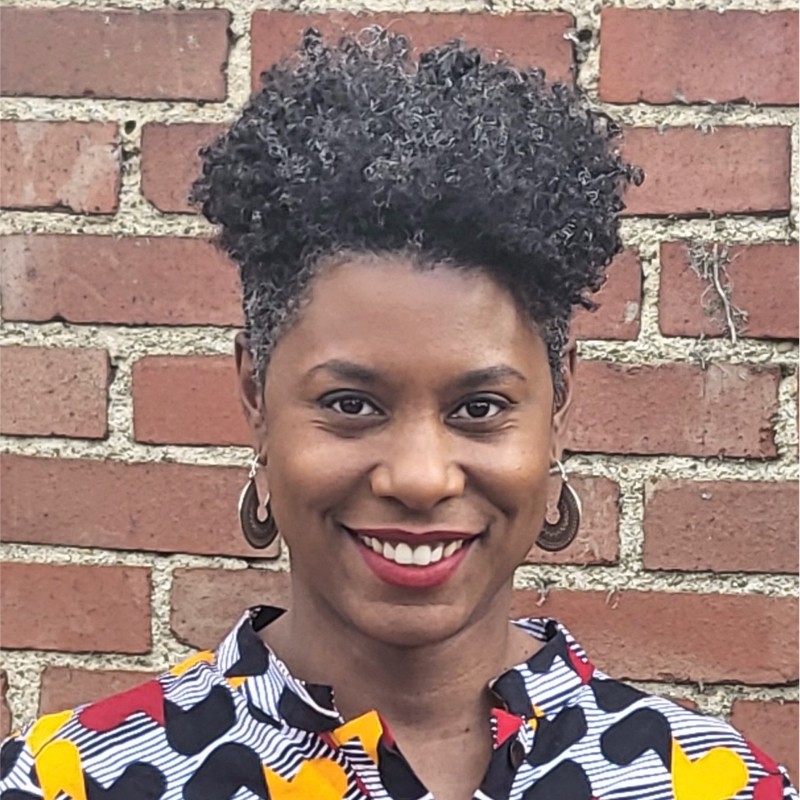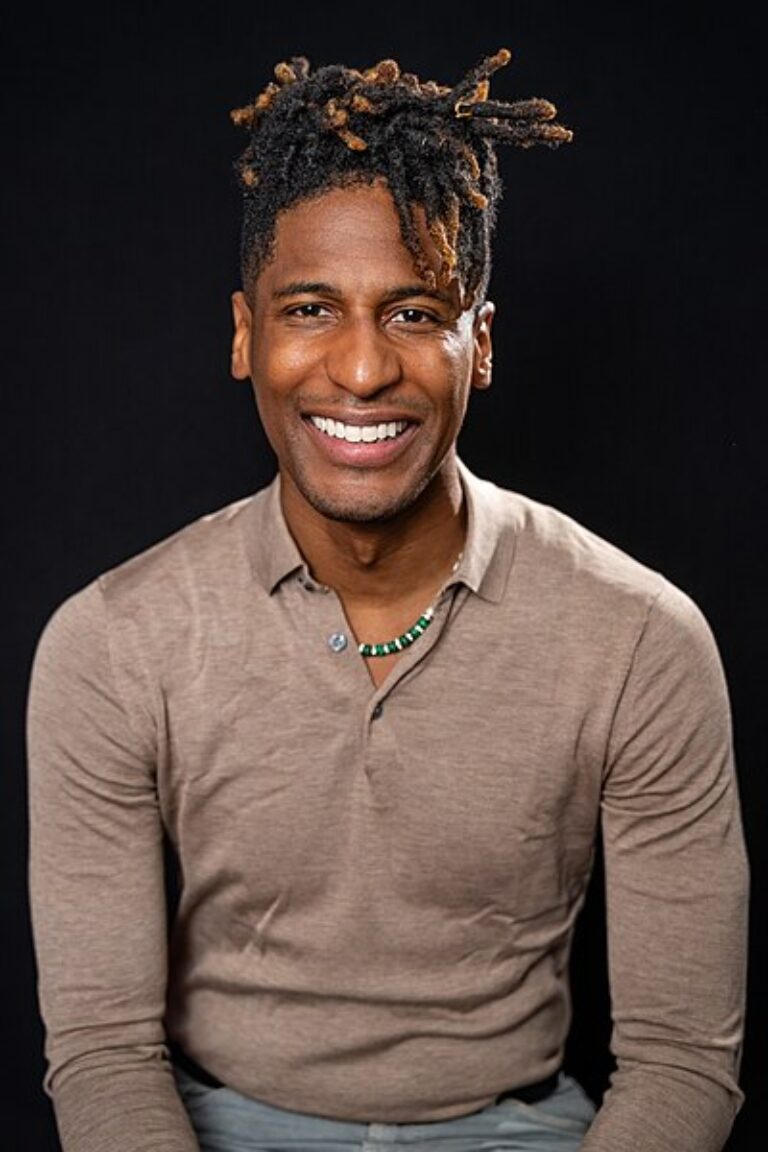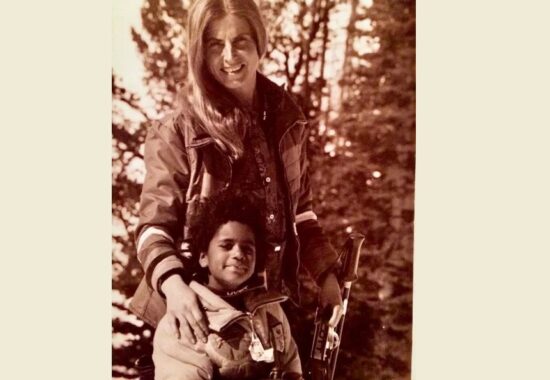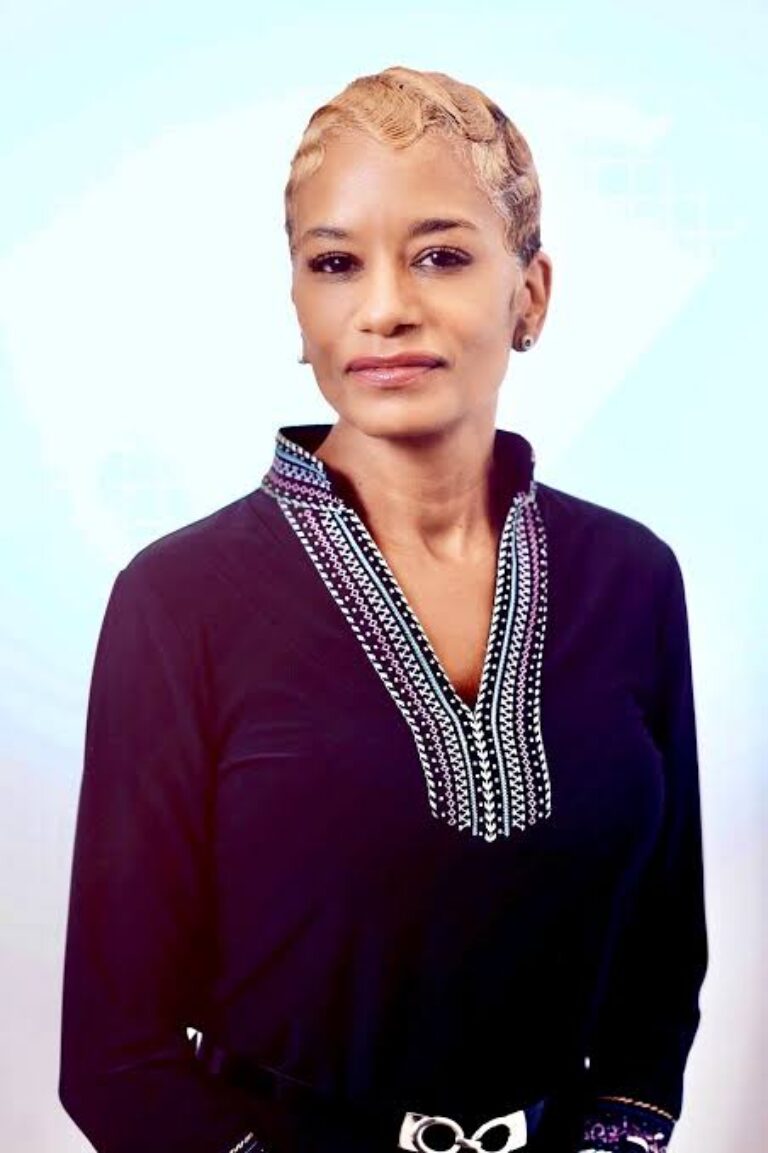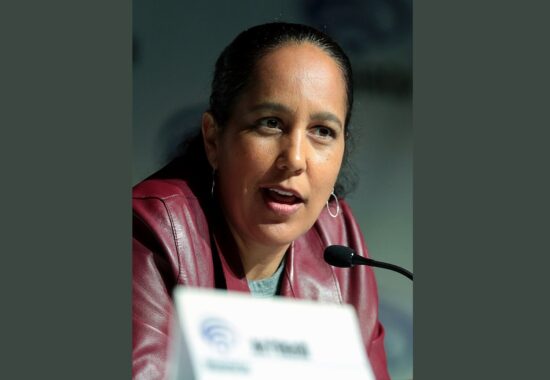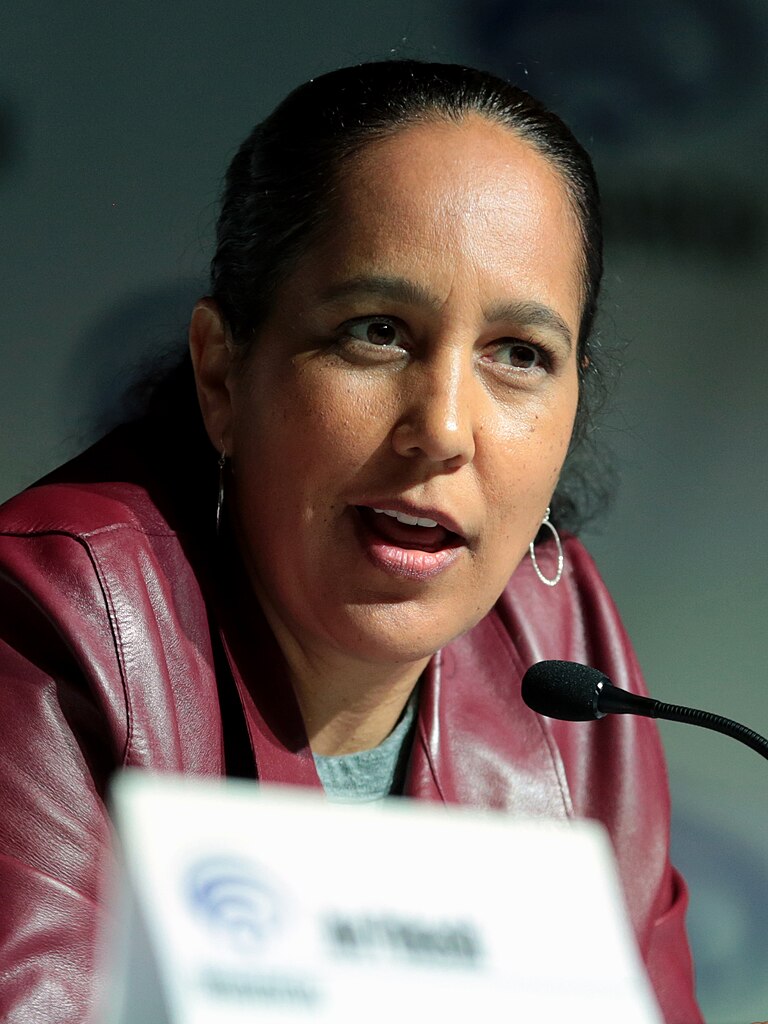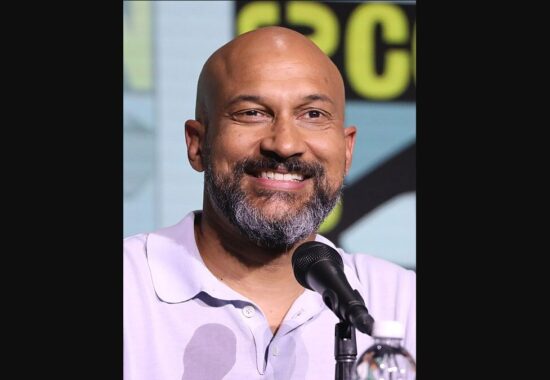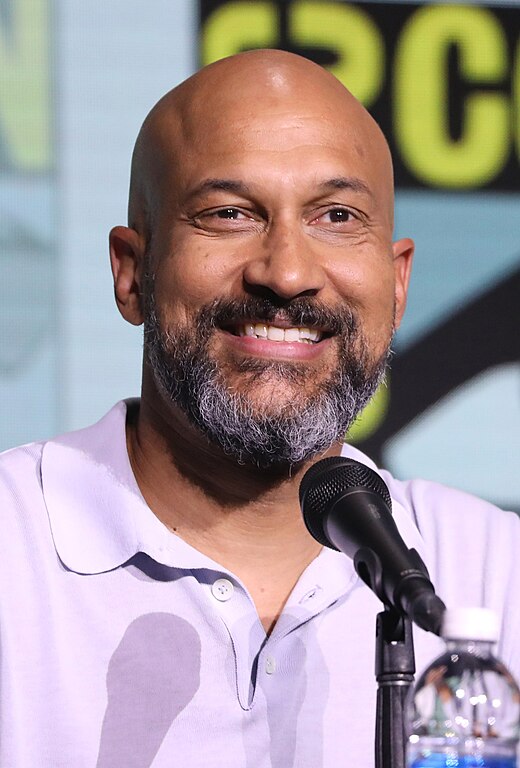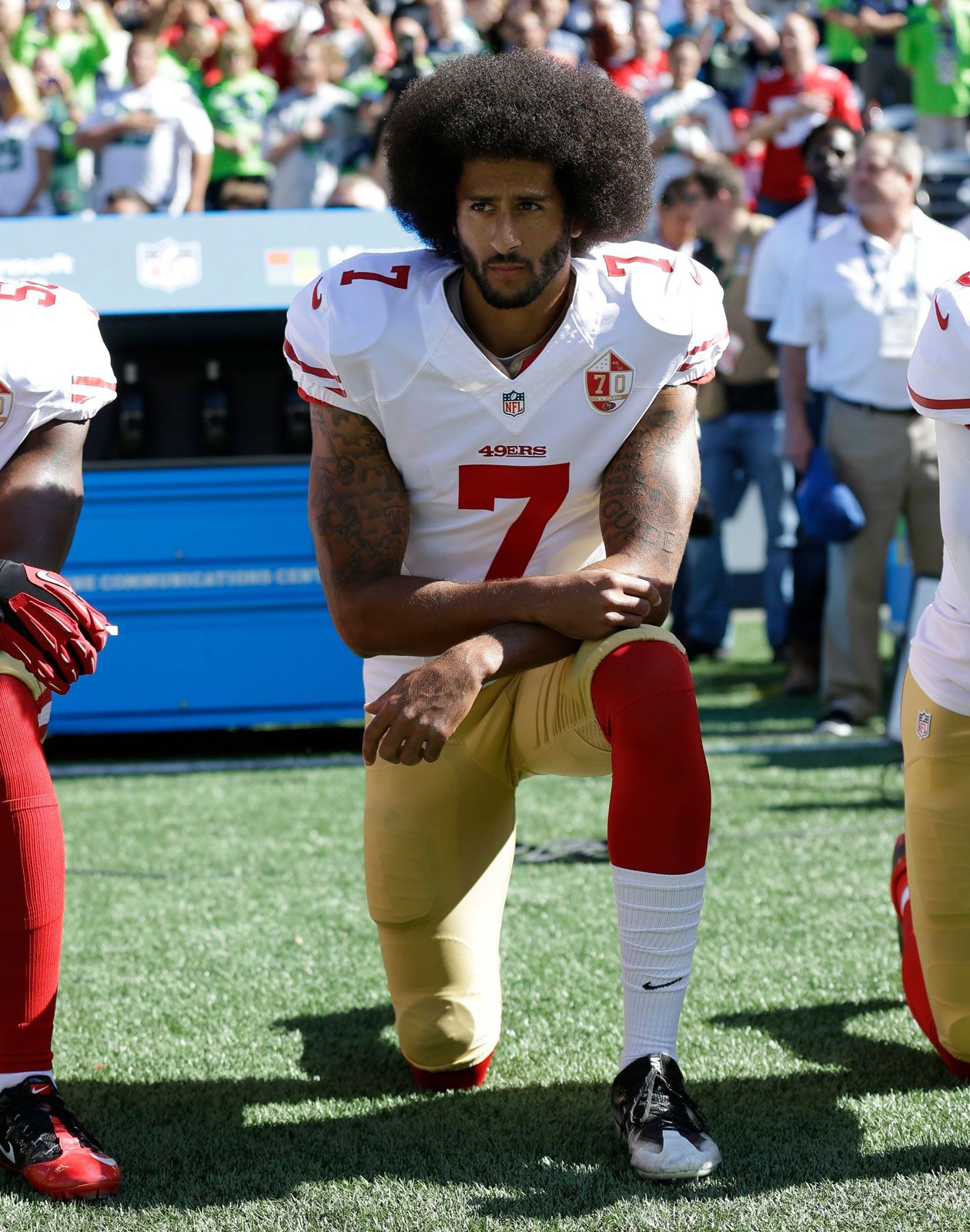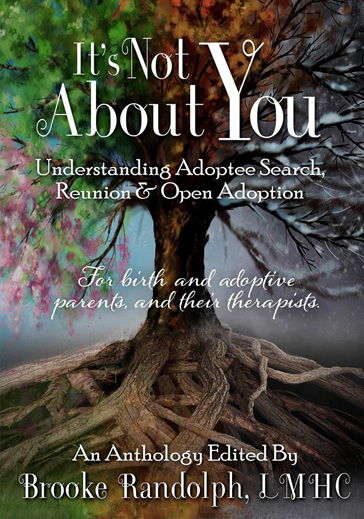For those that have been at TRJ camp these last couple of years, our example of Black Excellence for this month is a familiar face that brings so much spirit to our time together.
Rachel Briggs of Dream Through STEAM RI embodies Black excellence, passionately advocating for STEAM education, especially for underrepresented youth. Her work transforms lives, bridging opportunity gaps and fostering innovation.
Dream Through STEAM RI, under Briggs's leadership, creates pathways for young minds to engage with STEAM through hands-on learning and mentorship. She dismantles systemic barriers, providing safe spaces for exploration and growth.
Her approach cultivates creativity and problem-solving, incorporating arts to emphasize holistic learning. She empowers youth, encouraging them to see themselves as future innovators and leaders.
A Champion of Community Engagement
Briggs champions community engagement, collaborating with schools and organizations to expand STEAM access. She recently hosted her first Cultural Blind Dates event, pairing individuals from different cultural backgrounds for dialogue, promoting empathy and understanding.
Honoring African American STEAM Pioneers
Her business honors African American STEAM pioneers, using their stories to educate and inspire. At Paul Cuffee Charter School, students learned physics through shipbuilding, inspired by the school’s namesake. Briggs partnered with CCRI for "The Contributors," a photo reenactment exhibition celebrating Black women in STEAM. This exhibition serves as a powerful visual testament to their contributions.
Rachel Briggs is a role model, showing children that they can succeed in STEAM. We look forward to welcoming Ms. Rachel back to TRJ camp 2025.
For more information about Rachel Briggs:
Watch video from Feb 26th, 2025 where Rachel Briggs joined the The Rhode Show to explain Dream Through Steam RI and discusses her Cultural Blind Date event
Black Excellence Posts:
Each month, we take time to highlight the remarkable contributions of Black leaders, trailblazers, and changemakers whose impact continues to shape our world. These stories serve as a valuable opportunity for transracial families to learn, reflect, and engage in meaningful conversations about Black history and culture. We invite you to explore our past Black Excellence features in the carousel below, where you’ll find inspiring figures from various fields—activism, science, arts, sports, and beyond. If you haven’t already, be sure to subscribe to our monthly newsletter to receive these stories, along with discussion prompts and book recommendations, right in your inbox.


